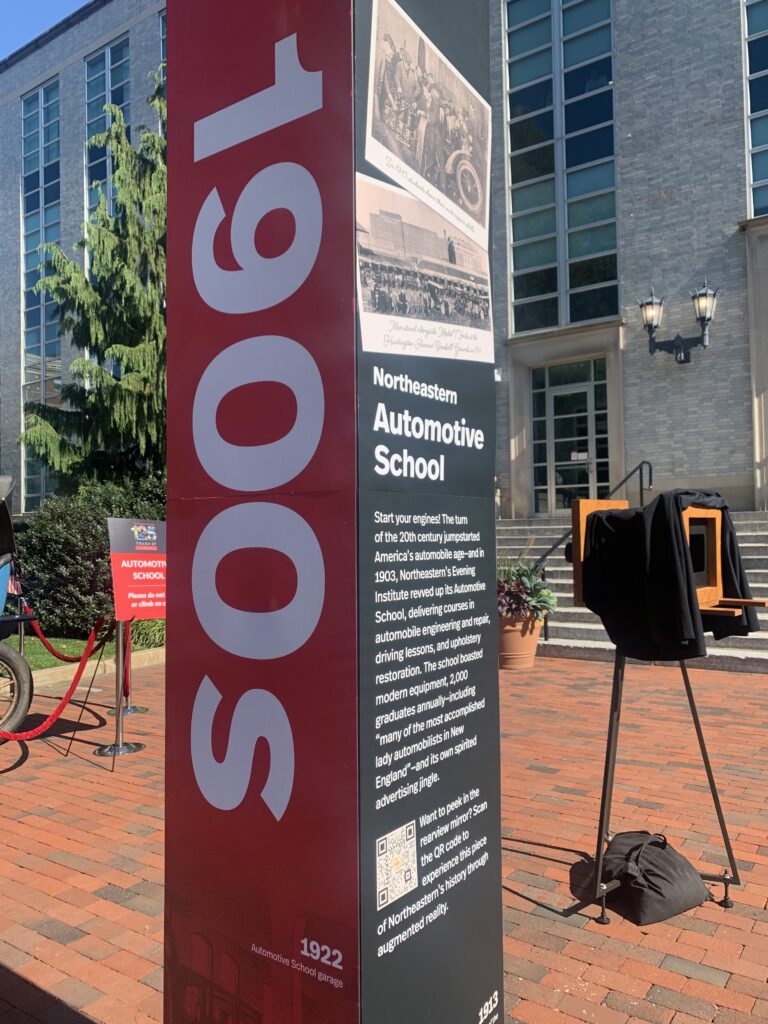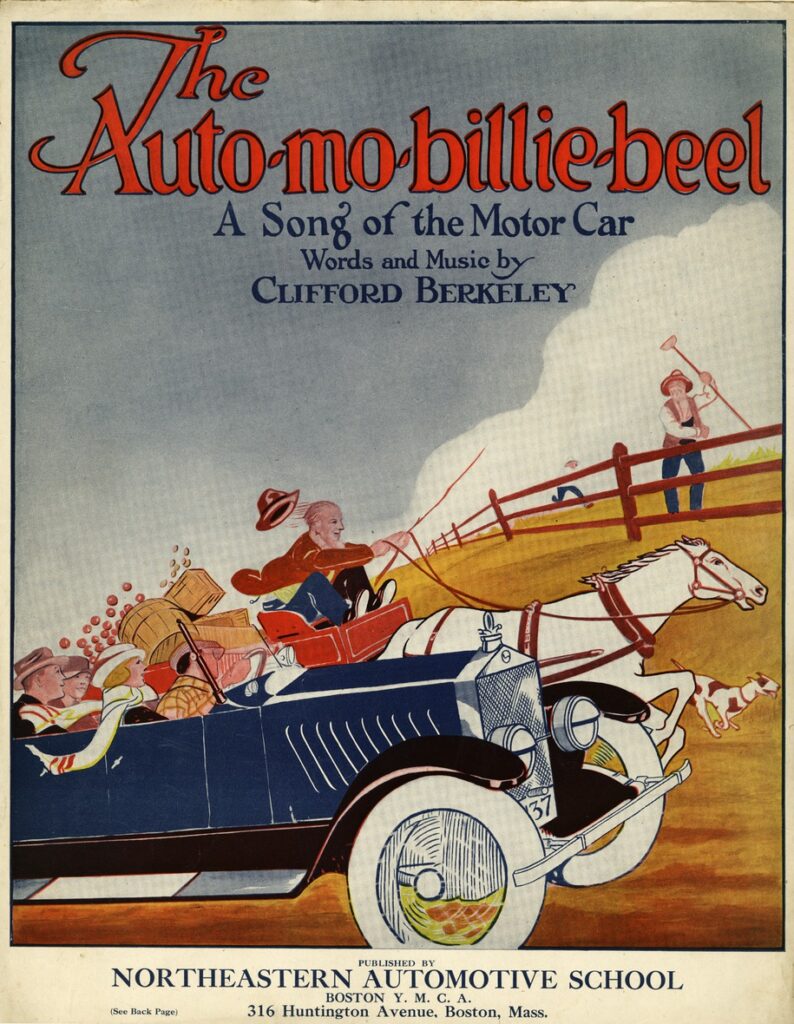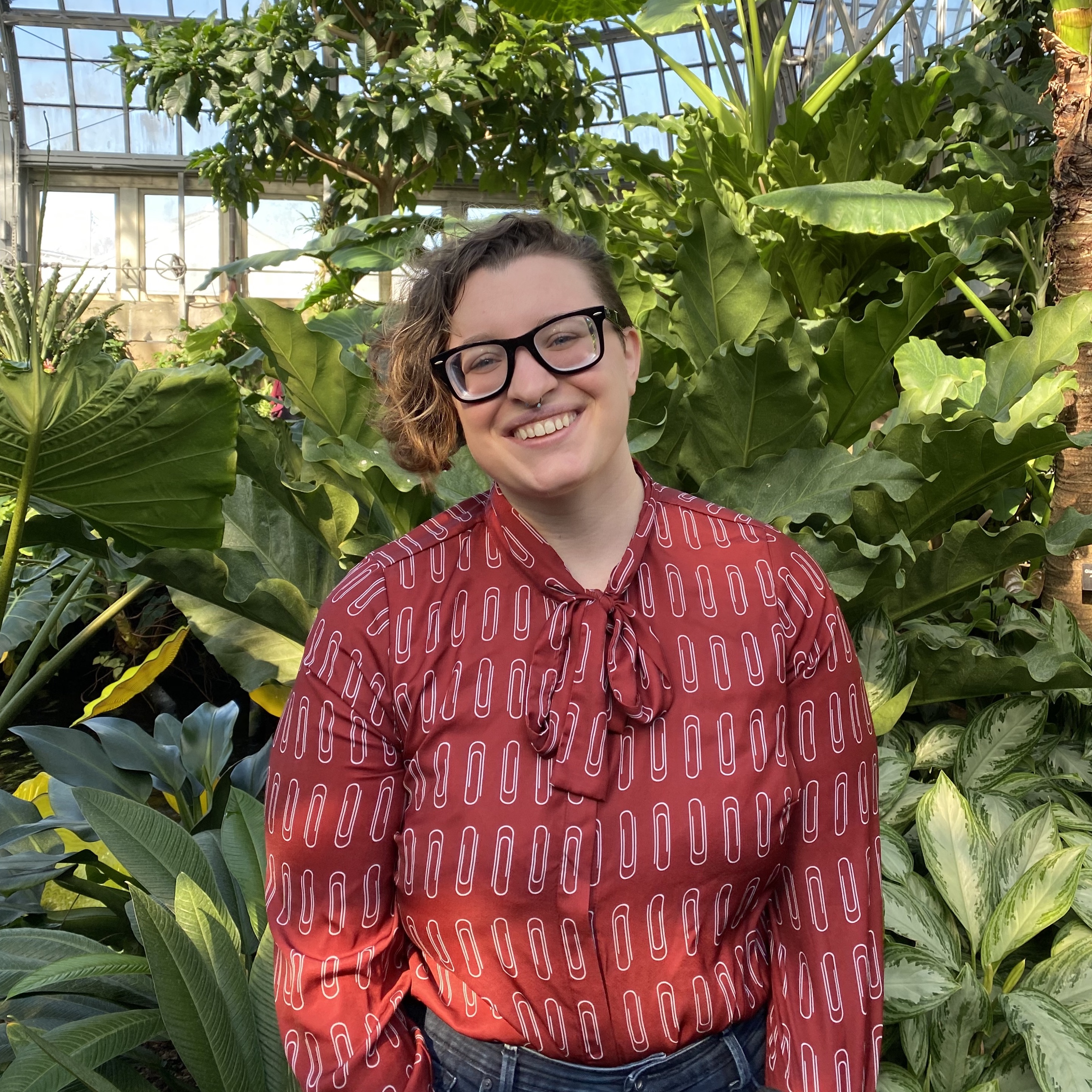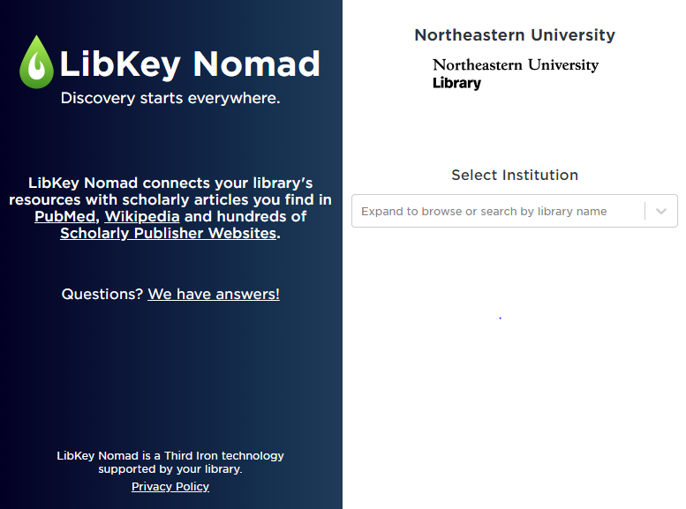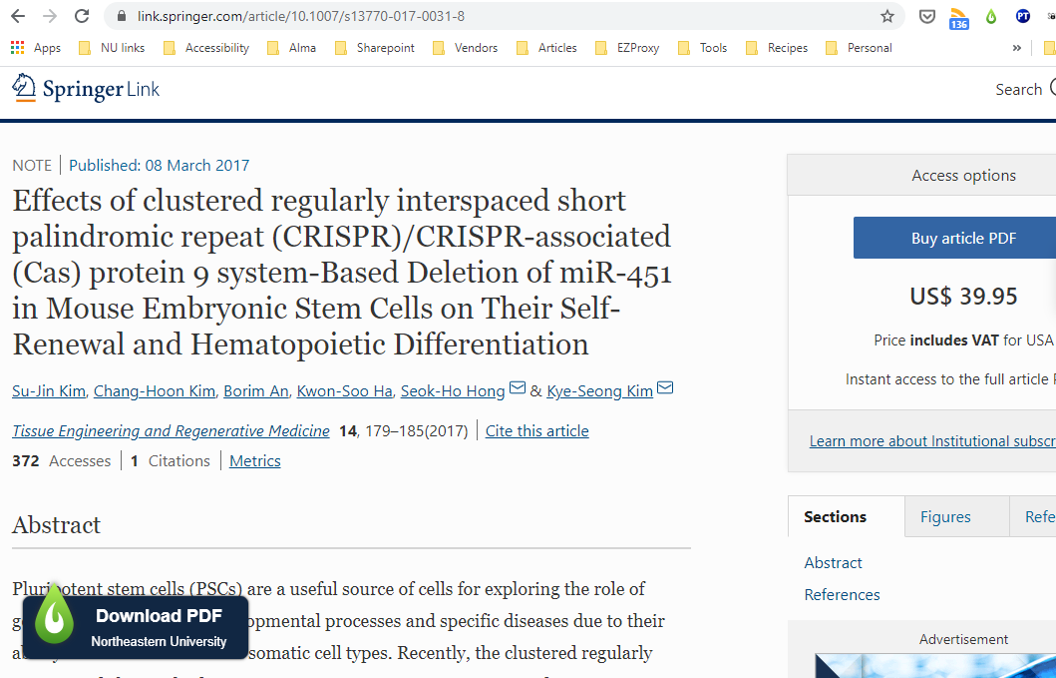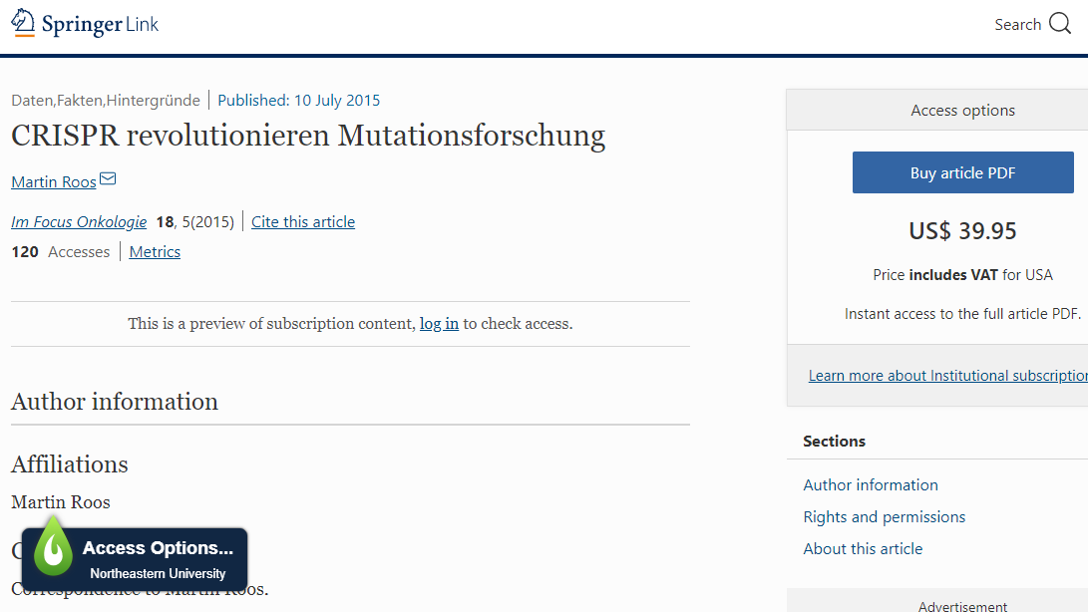DRS Collection Profile: The Communications Photo Archive
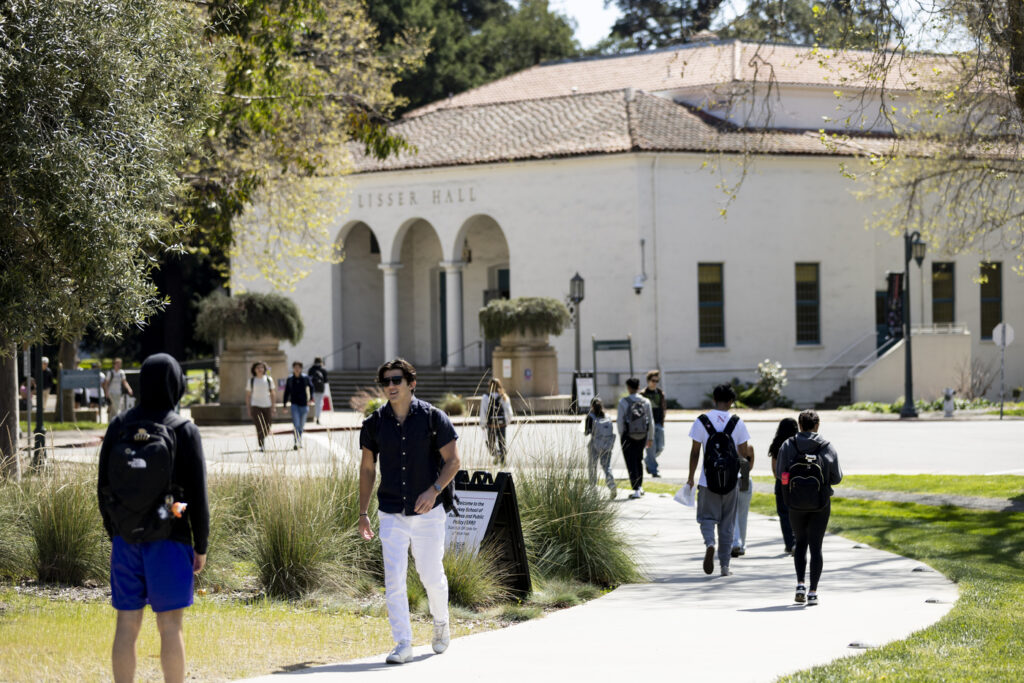
If you’ve seen pictures of campus happenings, then you’ve seen the hard work of the Northeastern University photographers. This team is responsible for documenting the day-to-day activity that takes place on Northeastern’s campuses, capturing everything from sporting events to researcher portraits to candid photos of students going about their day.
Matthew Modoono, Alyssa Stone, and many other photographers in the Communications Office have used their cameras to document life at Northeastern for decades. They have been recognized by the University Photographers Association of America, the National Press Photographers Association, and the New England Newspaper & Press Association, and have received several awards, including Picture of the Year and Photographer of the Year, for their tremendous skill and vision in the field of photography.
Library staff are responsible for archiving the printed photographs captured through 2010 (digitized copies are also available in the Northeastern University photograph collection (A103). Since 2010, we also help facilitate access to their digital collection in the Digital Repository Service’s Communications Photo Archive (access to the photographs in this collection are limited to Northeastern faculty and staff).
The Communications Photo Archive has served as a record of recent activity since 2015, when the Digital Repository Service first launched. Since then, the photographs stored in the collection (more than 172,000 at the time of this writing) have been viewed and downloaded approximately 400,000 times. The photographs can be seen in many places around the university, including websites, printed brochures, magazines, social media, and in the daily articles published in Northeastern Global News.
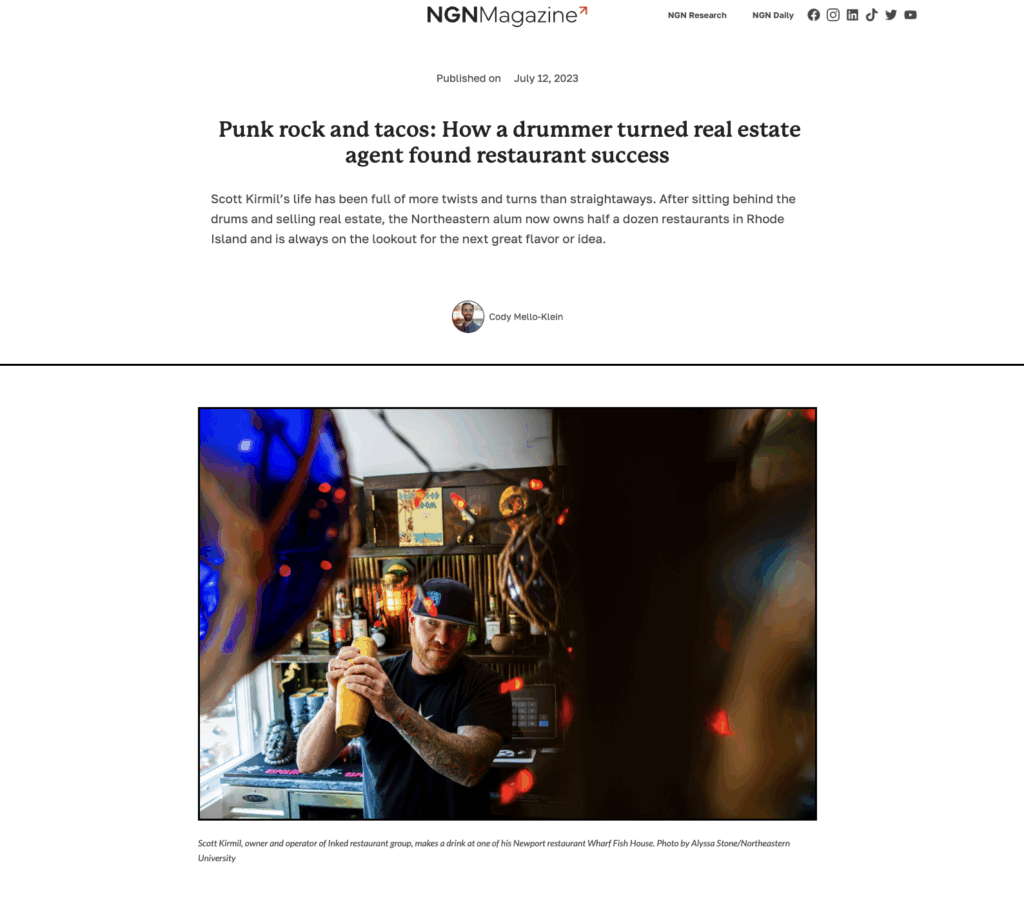
Photographs in the collection capture:
- General shots of Northeastern community life, usually titled “campus feature” (including a wide variety from Snell Library!)
- Events, like gallery openings and talks
- Faculty and staff portraits
- Sporting events, like the Beanpot and spring training exhibition games against the Red Sox
- Commencement (of course!)

Photographs of commencement make up a large portion of the collections, with about 20% of the 172,000 photos described using the terms “graduation” or “commencement.” In fact, some of the busiest days for uploading photographs to the DRS happen during the commencement season, with photographers regularly adding more than 1,000 photographs a day.
Although the photographs in this collection are only available to Northeastern faculty and staff, the collection regularly appears in the list of the top 10 most-used collections in the DRS — a testament to how important the photos are to the day-to-day work at the university.
Be sure to check the Communications Photo Archives regularly for the most recent photos of life at the university. You can sort search results by “Recently created” or “Recently updated” to view the most current shots. You may also click the “Recently added” button to sort the entire collection by the most recently uploaded images. The “Limit your search” button can be used to limit your results by the name of the photographer or the year the photograph was taken.
Contact me or my team for help using the DRS or finding photographs in the collection. Visit the Brand Center’s Photography page for information about the photographs and photographers, as well as how you can access the photographs and use them for university business.
And please enjoy some of my favorite photographs from the Communications Photo Archive: animals on the Boston campus!








This post was written as part of a series celebrating 10 years of the DRS. Check out A Decade of the Digital Repository Service and What is the DRS and who is it for? to read more about the history of the DRS.
